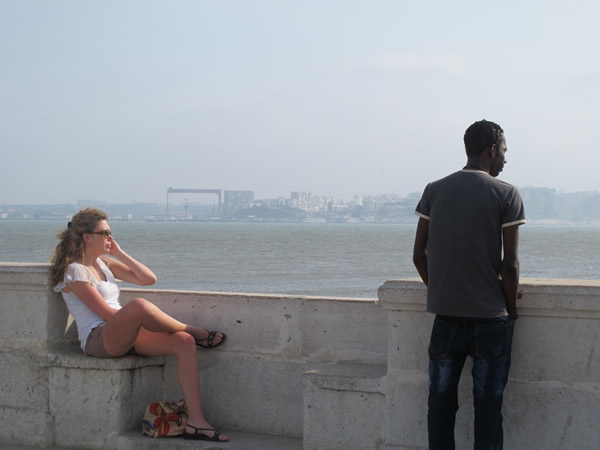I am trying to recapture the word ‘civic’ from its worthy, municipal feel and to give it a sense urgency, interest and power. The civic city notion is a clarion call to refocus and rethink our city making and to draw on the best of human attributes emphasizing more what we share rather than what separates us.
This is the other invisible hand that drives human motivation and today it is encapsulated in the better bits of the sharing economy. Its ethos is one that allows people to become the best they can be. It taps into their desire to achieve a shared mutually beneficial urban destiny. We can call this cosmopolitan urbanity.
I am in the midst of writing a more substantial book due out in early 2017 and published by nai010 publishers in the Netherlands. I would love readers to send me good examples of civic actions from across the world that I can incorporate in the book. The book asks:
Who am I and where do I belong, who do I identify with; myself, my friends, my family, my relations, my interests, my work, my network and connections, or is it a people, a bond of blood, a race, a colour or a place or is it places. Is it just pick and choose or mix and match that fits so well the culture of individualism and autonomy. This shifts dramatically the idea of community or my community. There is always a ‘me’ and an ‘us’ or ‘we’. To affiliate with others is a biological need as we can accomplish things together we can never do on our own. Co-operation has got humans to where they are as self-interest and collective interest become aligned. Yet co-operation is the central dilemma of human existence as ‘the commons’ is always in danger of crumbling. We find it easier to co-operate within as distinct from between groups. Thus the Intercultural city is so difficult to create.
Tribal instincts of the ‘in-group’ and ‘out-group’ remain forceful. Strangers seem strange. We need to feel comfortable to relax into the strange, to absorb its differences to let it become part of us. This is why we have built ethics and moralities to hold differences together. Yet this can be tough in periods of history involving mass transformation, like the industrial or technological revolution of the past fifty years. It can produce confusion; a sense of liberation combined with a feeling of being swept along by events. It takes a while for new ethical stances to take root or to establish a new and coherent world view that makes the most of our increasingly nomadic world. How can we find one that applies to us all across cultures and their beliefs? The desire for and necessity of community has not changed, but how it is expressed and is socially constructed has. It is less bound in the fixed physical spaces of traditional community limited to family and a few outsiders.
Many of our pre-conceptions have been thrown up in the air because of the astonishing technical advances that enable us to move and be mobile. They allow a more nomadic life within which we affiliate and identify ourselves in multiple ways, defined more by and embedded in our networks than classic bonds. Networks define community in a nomadic world with this culture given extra power by the Internet yet cradled within our deep-seated cultures, prejudices and interests. People look for and choose the like-minded or useful, forming networks of connection with relative freedom, or search for new ones as with dating sites. Yet there are two flipsides. It can encourage a more ‘me centred’ society or the rapidly increasing negative networks.
We have not as yet absorbed fully its cultural implications. A central question then for citizens and cities today is: how do we find our sense of self, belonging and meaning in place, in neighbourhoods, in cities. Does belonging merely float across the horizon? Settling here for a moment and then somewhere else? Has physical place and common affinity become detached from each other? Yes and no. It is simply that place functions differently.

